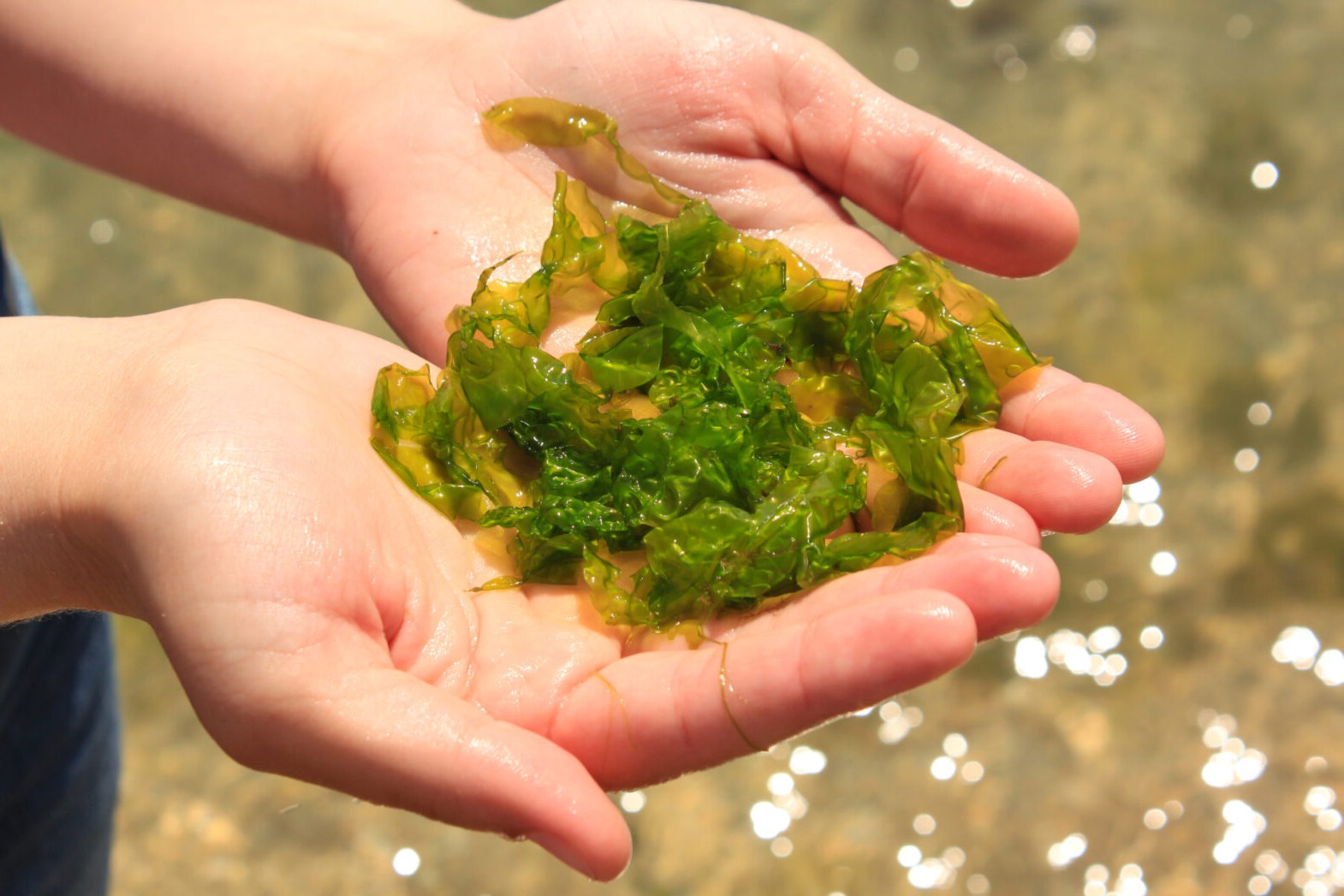
Is seaweed just ocean salad, or is there more to it? Seaweed, a curious ocean plant, is more than just a green blob floating in the sea. It plays a vital role in marine ecosystems and human lives. From sushi wraps to skincare, this versatile plant is everywhere. Did you know some seaweed can grow up to 200 feet long? That's taller than a 20-story building! It's also a powerhouse of nutrients, packed with vitamins, minerals, and antioxidants. Seaweed helps combat climate change by absorbing carbon dioxide. Plus, it's a habitat for countless marine creatures. Whether you're munching on it or using it in your beauty routine, seaweed is a fascinating part of our world. Dive into these 20 facts to learn more about this incredible ocean plant!
What is Seaweed?
Seaweed, a fascinating marine plant, thrives in oceans and seas worldwide. These aquatic wonders come in various shapes, sizes, and colors, playing a crucial role in marine ecosystems. Let's dive into some intriguing facts about seaweed.
-
Diverse Species: Seaweed isn't just one type of plant. There are over 10,000 species, each with unique characteristics and habitats.
-
Three Main Types: Seaweed is categorized into three main groups: red, green, and brown. Each type has distinct features and uses.
-
Photosynthesis Powerhouse: Like land plants, seaweed performs photosynthesis, converting sunlight into energy and producing oxygen.
-
Nutrient-Rich: Packed with vitamins and minerals, seaweed is a superfood. It contains iodine, calcium, and vitamins A, C, and E.
Seaweed's Role in the Environment
Seaweed isn't just a food source; it plays a vital role in maintaining marine ecosystems. Its presence impacts everything from water quality to marine life habitats.
-
Carbon Absorber: Seaweed absorbs carbon dioxide, helping reduce greenhouse gases and combat climate change.
-
Marine Habitat: It provides shelter and food for various marine creatures, including fish, crustaceans, and mollusks.
-
Water Purifier: Seaweed filters and purifies water, removing excess nutrients and pollutants.
-
Erosion Control: By stabilizing sediments, seaweed helps prevent coastal erosion, protecting shorelines.
Seaweed in Human Culture
Humans have utilized seaweed for centuries, incorporating it into diets, medicines, and even beauty products. Its versatility is unmatched.
-
Culinary Delight: In many cultures, seaweed is a staple ingredient. Sushi, salads, and soups often feature this nutritious plant.
-
Medicinal Uses: Traditional medicine uses seaweed for its anti-inflammatory and antioxidant properties.
-
Beauty Benefits: Seaweed extracts are popular in skincare products, known for hydrating and anti-aging effects.
-
Agricultural Aid: Farmers use seaweed as a natural fertilizer, enriching soil and promoting plant growth.
Seaweed's Economic Impact
The seaweed industry is booming, contributing significantly to global economies. Its applications span various sectors, from food to biofuels.
-
Growing Industry: The global seaweed market is expected to reach billions of dollars, driven by demand for sustainable products.
-
Biofuel Potential: Researchers are exploring seaweed as a renewable energy source, offering an eco-friendly alternative to fossil fuels.
-
Textile Innovations: Seaweed fibers are being used to create sustainable textiles, reducing reliance on traditional materials.
-
Animal Feed: Seaweed is a nutritious addition to animal feed, enhancing livestock health and productivity.
Fun and Surprising Seaweed Facts
Seaweed holds some unexpected surprises. Its unique properties and uses make it a subject of endless fascination.
-
Biodegradable Plastics: Scientists are developing biodegradable plastics from seaweed, aiming to reduce plastic pollution.
-
Edible Packaging: Seaweed-based packaging is emerging as an eco-friendly alternative to single-use plastics.
-
Space Exploration: NASA is researching seaweed's potential as a sustainable food source for astronauts on long missions.
-
Artistic Inspiration: Artists use seaweed to create stunning works, showcasing its beauty and versatility.
Seaweed: Nature's Underwater Marvel
Seaweed isn't just a slimy plant floating in the ocean. It's a powerhouse of nutrients and a vital part of marine ecosystems. This underwater marvel provides food and habitat for countless marine species. Humans benefit too, using it in everything from sushi to skincare. Its ability to absorb carbon dioxide makes it a key player in combating climate change. Seaweed farming is growing, offering sustainable solutions for food and energy. It's fascinating how something so simple can have such a big impact. As we learn more about seaweed, its potential seems limitless. Whether you're a fan of seaweed snacks or just curious about the ocean, there's no denying its importance. Next time you see seaweed on the beach, remember it's more than meets the eye. It's a testament to nature's ingenuity and a reminder of the ocean's wonders.
Was this page helpful?
Our commitment to delivering trustworthy and engaging content is at the heart of what we do. Each fact on our site is contributed by real users like you, bringing a wealth of diverse insights and information. To ensure the highest standards of accuracy and reliability, our dedicated editors meticulously review each submission. This process guarantees that the facts we share are not only fascinating but also credible. Trust in our commitment to quality and authenticity as you explore and learn with us.


